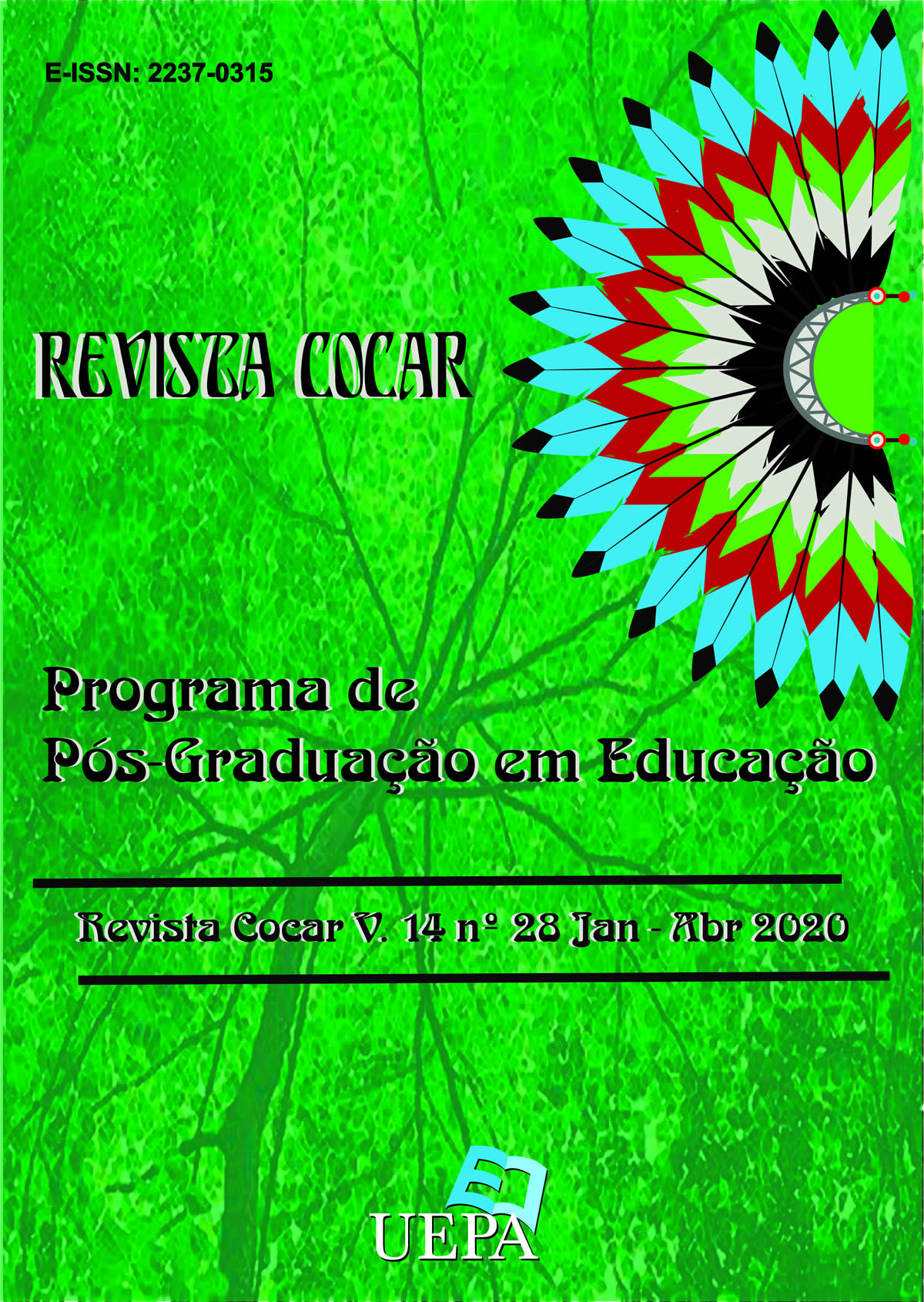Mulheres de baixa renda e alimentos: entre o hábito alimentar e ter para comer
Resumo
Low-income women and food: between the food habit and to have for eat
Resumo
Este ensaio aborda os hábitos alimentares de mulheres de baixa renda no Brasil, tratando-se de uma revisão bibliográfica integrativa realizada nas bases: Bireme, Eric, Catálogo de Teses e Dissertações da Capes e Periódicos Capes utilizando os termos: woman* AND ‘Food habit’ AND ‘low-income’. As principais discussões trazidas apontam que na baixa camada social a renda é o principal determinante na aquisição de alimentos. Mulheres em vulnerabilidade social possuem uma alimentação fragilizada em nutrientes, monotonia alimentar e uma oscilação de consumo de determinados alimentos ao longo das semanas, entretanto, uma parte delas produzem alimentos da cultura local/regional e compram alimentos saudáveis e baratos. Conclui-se que o acesso à educação formal e a educação nutricional podem promover mudanças nos hábitos alimentares e saúde quando aliado a espaços físicos que possibilitem a produção de alimentos em espaços urbanos. Outro fator apontado seria a própria diminuição da desigualdade social com apoio de política pública em vista de renda que possibilite dignidade para as pessoas poderem se alimentar com qualidade e quantidade suficiente.
Palavras-chave: Mulheres; Hábitos Alimentares; Baixa Renda.
Abstract
This essay addresses the eating habits of low-income women in Brazil, dealing with an integrative bibliographic review carried out on the bases: Bireme, Eric, Capes Thesis and Dissertations Catalog and Capes Periodicals using the terms: woman * AND 'Food habit 'AND' low-income '. The main discussions brought up point out that in the low social stratum income is the main determinant in the acquisition of food. Women in social vulnerability have a diet that is weak in nutrients, monotonous food and an oscillation in the consumption of certain foods over the weeks, however, some of them produce foods from the local / regional culture and buy healthy and cheap food. It is concluded that access to formal education and nutritional education can promote changes in eating habits and health when combined with physical spaces that enable the production of food in urban spaces. Another factor pointed out would be the very reduction of social inequality with the support of public policy in view of income that enables dignity for people to be able to eat with sufficient quality and quantity.
Key-words: Woman; Food Habits; Low-Income.
Downloads
Downloads
Publicado
- Visualizações do Artigo 1022
- PDF downloads: 656























